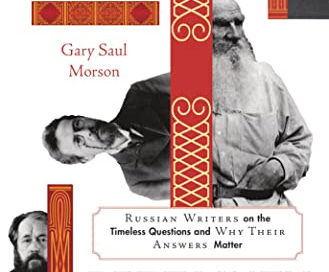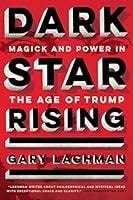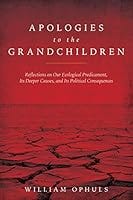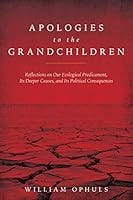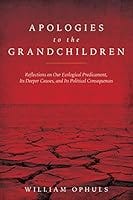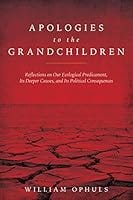Dostoevsky observed that when educated Russians borrowed Western ideas—as they did with abandon—they utterly transformed them by discovering (that is, inventing) “the Russian aspect of their teachings.” “Please allow me this funny phrase, ‘the Russian aspect of their teachings’ because a Russian aspect of their teachings really does exist,” Dostoevsky explained. “It consists of those conclusions drawn from their teachings that take on the form of an invincible axiom, conclusions that are drawn only in Russia; in Europe, as people say, the possibility of these conclusions is not even suspected.” Whether we are speaking of Darwin, Mill, Strauss, Buckle, or even hard scientists who did not venture beyond their own field, Russian thinkers passed their ideas through what Joseph Frank has aptly called “the Russian prism.”
First, the borrowed idea would be extended from one domain to all; next, it would be rendered as abstract as possible; then it would be taken to the most extreme conclusion imaginable; usually, it would be enlisted in the cause of some utopian ideology; and at last it would underwrite radical action, like terrorism. If two radical camps quarreled, each side would invoke these Russified European ideas to berate the other.
. . . .
What would be “a thousand times more serious” is revolutionary killing such as Dostoevsky was to predict in The Possessed. This book, alone among nineteenth-century works, foresaw what we have come to call totalitarianism, not only in scale but also in detail. Surveying the carnage of Lenin and his successors in the Soviet Union, China, Cambodia, and elsewhere, people have repeatedly asked: how did Dostoevsky know? The answer is that he appreciated how Russian revolutionaries thought—he was himself a former radical who had served time in Siberia—and asked what such people would do if, having gained power, they could actually use their extreme ideas as a blueprint for practice. Hume in power would not have governed like Lenin.
Morson, Gary Saul. Wonder Confronts Certainty: Russian Writers on the Timeless Questions and Why Their Answers Matter (p. 14-15). (Function). Kindle Edition.
In the long term, Trumpism is doomed. Power without prudence and humility invariably fails. Then comes the hard work of political renewal.
. . . .
[I]n the long term, Trumpism is doomed. Power without prudence and humility invariably fails. Nations, like people, change not when times are good but in response to pain. At a moment when Trumpism seems to be devouring everything, the temptation is to believe that this time is different.
. . . .
Over time, changes in values lead to changes in relationships, which lead to changes in civic life, which eventually lead to changes in policy and then in the general trajectory of the nation. It starts slow, but as the Book of Job says, the sparks will fly upward.
Let’s hope those sparks continue to fly upward and start soon.
If we remember Norman Vincent Peale’s belief that “attitudes are more important than facts,” and chaos magick’s aim to escape our existing “cognitive habits”—not to mention Hitler’s power to release his followers from the “limitations of all conventional restraint”—we can, I think, see a connection between Trump’s “bullshit” and much of what we have been considering so far.
Apologies to the Grandchildren
Since its origins, capitalism has been synonymous with Schumpeter’s “gale of creative destruction.” The gale has now morphed into a hurricane that is genuinely creative but also extremely destructive.
Apologies to the Grandchildren
The purpose of television is to lure a mass audience with mass entertainment so that mass advertising can promote mass consumption.
Apologies to the Grandchildren
As industrial civilization begins to implode, we will witness an upsurge of prophecy of all kinds—fantastic, salvational, millenarian, apocalyptic, and reactionary.
Apologies to the Grandchildren
“Specialists without spirit, sensualists without heart; this nullity imagines that it has attained a level of civilization never before achieved.” — Max Weber
Apologies to the Grandchildren
Jean-Jacques Rousseau pinpointed the fundamental contradiction of a life devoted to consumption by saying, ”For the impulse of appetite alone is slavery, and obedience to the law one has prescribed for oneself is freedom.”
Ophuls is a genuinely prophetic voice.
